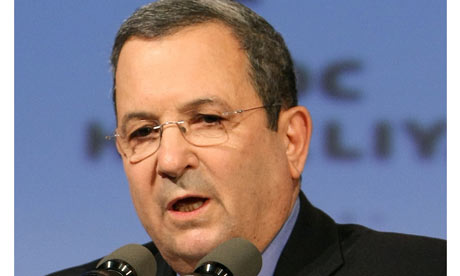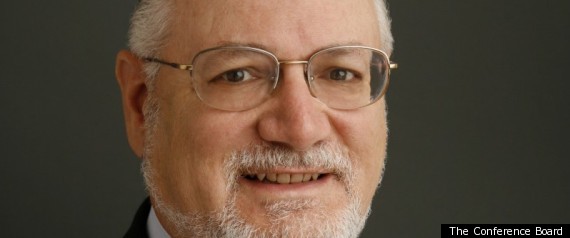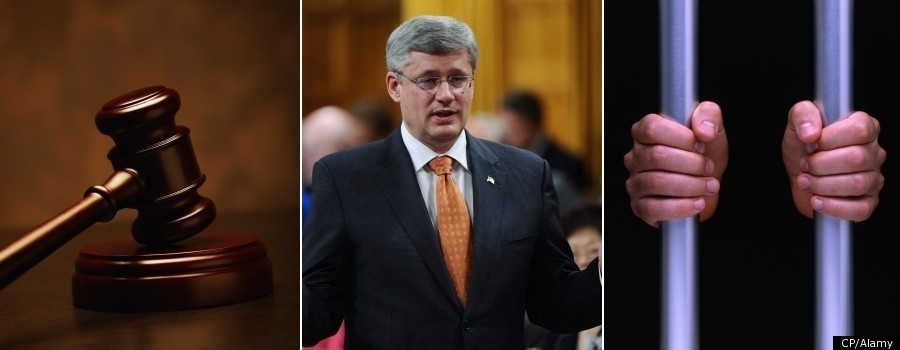 Ehud Barak, Israel's defence minister, last night delivered an unusually blunt warning to his country that a failure to make peace with the Palestinians would leave either a state with no Jewish majority or an "apartheid" regime.
Ehud Barak, Israel's defence minister, last night delivered an unusually blunt warning to his country that a failure to make peace with the Palestinians would leave either a state with no Jewish majority or an "apartheid" regime.His stark language and the South African analogy might have been unthinkable for a senior Israeli figure only a few years ago and is a rare admission of the gravity of the deadlocked peace process.
There have been no formal negotiations between Israel and the Palestinians in more than a year, but Barak was speaking at a rare joint event with the Palestinian prime minister, Salam Fayyad, as part of an annual national security conference in the Israeli city of Herzliya. The pair shook hands and both were warmly applauded.
Barak, a former general and Israel's most decorated soldier, sought to appeal to Israelis on both right and left by saying a peace agreement with the Palestinians was the only way to secure Israel's future as a "Zionist, Jewish, democratic state".
"As long as in this territory west of the Jordan river there is only one political entity called Israel it is going to be either non-Jewish, or non-democratic," Barak said. "If this bloc of millions of Palestinians cannot vote, that will be an apartheid state."
He described Israel and the Palestinian territories as the historic "land of Israel" to which Israelis had a right.
































